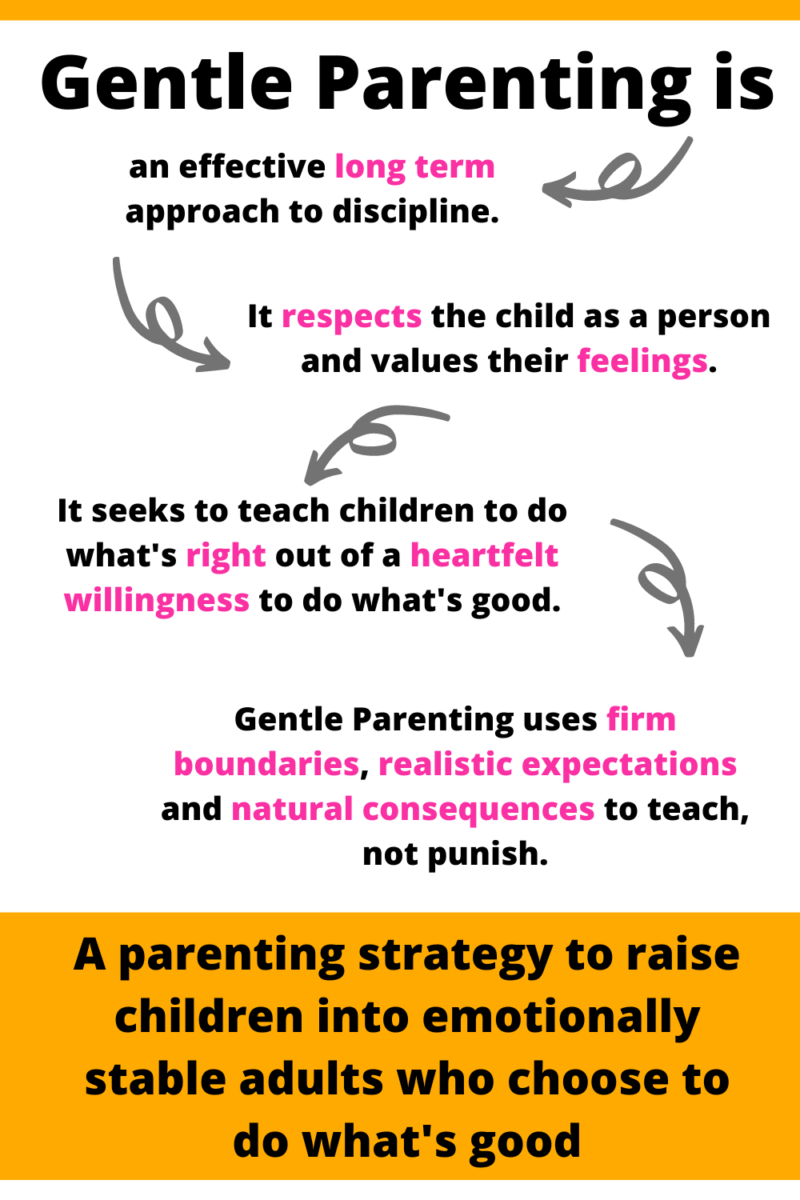Introduction to Gentle Parenting Discipline
Parenting is a journey filled with joys, challenges, and numerous decisions, including how to discipline children. In recent years, the concept of gentle parenting www.parentings.us/ has gained significant attention as an alternative approach to traditional disciplinary methods. Instead of punishment and control, gentle parenting emphasizes empathy, understanding, and connection in guiding children’s behavior.
Understanding Gentle Parenting
What is Gentle Parenting?
Gentle parenting is a philosophy that focuses on treating children with respect, empathy, and kindness while also setting clear boundaries and expectations. It encourages parents to communicate openly with their children, consider their emotions and perspectives, and avoid the use of punishment or coercion.
Core Principles of Gentle Parenting
At the heart of gentle parenting are several core principles, including empathy, respect, trust, and cooperation. These principles guide parents in building nurturing and supportive relationships with their children based on mutual understanding and trust.
The Importance of Discipline in Parenting
Why Discipline Matters
Discipline plays a crucial role in child development, helping children learn appropriate behavior, self-control, and social skills. However, the way discipline is implemented can vary significantly, with some approaches focusing on punishment and control, while others prioritize empathy and connection.
Traditional vs. Gentle Parenting Approaches to Discipline
Traditional disciplinary methods often rely on punishment, rewards, and strict rules to enforce compliance. In contrast, gentle parenting approaches discipline as a teaching opportunity, emphasizing understanding, communication, and positive reinforcement.
Key Components of Gentle Parenting Discipline
Empathy and Understanding
Central to gentle parenting discipline is the ability to empathize with children and understand the underlying reasons for their behavior. By acknowledging their emotions and perspectives, parents can respond to challenging situations with compassion and patience.
Communication and Connection
Effective communication and connection are essential for fostering trust and cooperation between parents and children. Gentle parenting encourages open dialogue, active listening, and mutual respect, allowing parents to address issues collaboratively and constructively.
Positive Reinforcement
Instead of focusing solely on correcting misbehavior, gentle parenting emphasizes the importance of reinforcing positive behavior through praise, encouragement, and rewards. By highlighting and celebrating their child’s achievements and efforts, parents can motivate them to continue making positive choices.
Common Misconceptions about Gentle Parenting
Myth: Gentle Parenting Equals Permissiveness
One common misconception about gentle parenting is that it promotes permissiveness or lax discipline. In reality, gentle parenting involves setting clear boundaries and expectations while also considering the child’s emotions and needs.
Myth: Gentle Parenting Doesn’t Set Boundaries
Another misconception is that gentle parenting lacks structure and discipline. However, gentle parenting recognizes the importance of setting boundaries and limits to ensure a safe and supportive environment for children to thrive.
Benefits of Gentle Parenting Discipline
Emotional Intelligence Development
Gentle parenting helps children develop emotional intelligence by teaching them to recognize and regulate their emotions, communicate effectively, and empathize with others. By acknowledging and validating their feelings, parents can foster emotional resilience and empathy in their children.
Strong Parent-Child Bond
The emphasis on empathy, respect, and trust in gentle parenting strengthens the bond between parents and children, creating a secure attachment that fosters a sense of security and belonging. This close relationship provides a foundation for healthy communication, cooperation, and mutual understanding.
Long-Term Positive Behavior Outcomes
Research suggests that children raised with gentle parenting discipline are more likely to exhibit prosocial behavior, empathy, and self-regulation later in life. By prioritizing connection and understanding over control and punishment, gentle parenting promotes positive behavior outcomes and healthier parent-child relationships.
Practical Tips for Implementing Gentle Parenting Discipline
Setting Clear Expectations
Clear and consistent expectations help children understand what is expected of them and what behaviors are acceptable. By setting realistic boundaries and explaining the reasons behind them, parents can empower children to make informed choices and take responsibility for their actions.
Consistency in Approach
Consistency is key in gentle parenting discipline, as it helps children feel secure and understand the consequences of their actions. By consistently applying rules and consequences, parents can reinforce expectations and encourage accountability.
Modeling Behavior
Children learn by observing and imitating their parents’ behavior, so it’s essential for parents to model the values and behaviors they want to instill in their children. By demonstrating empathy, respect, and patience in their interactions, parents can set a positive example for their children to follow.
Challenges and Solutions in Gentle Parenting Discipline
Handling Resistance and Defiance
One of the challenges of gentle parenting discipline is dealing with resistance and defiance from children who may test boundaries or push back against rules. In such situations, it’s essential for parents to remain calm, empathetic, and consistent in their approach while also setting firm but fair limits.
Balancing Discipline and Freedom
Finding the right balance between discipline and freedom is another challenge in gentle parenting. While it’s important to set boundaries and expectations, it’s also essential to allow children the freedom to explore, make mistakes, and learn from their experiences.

